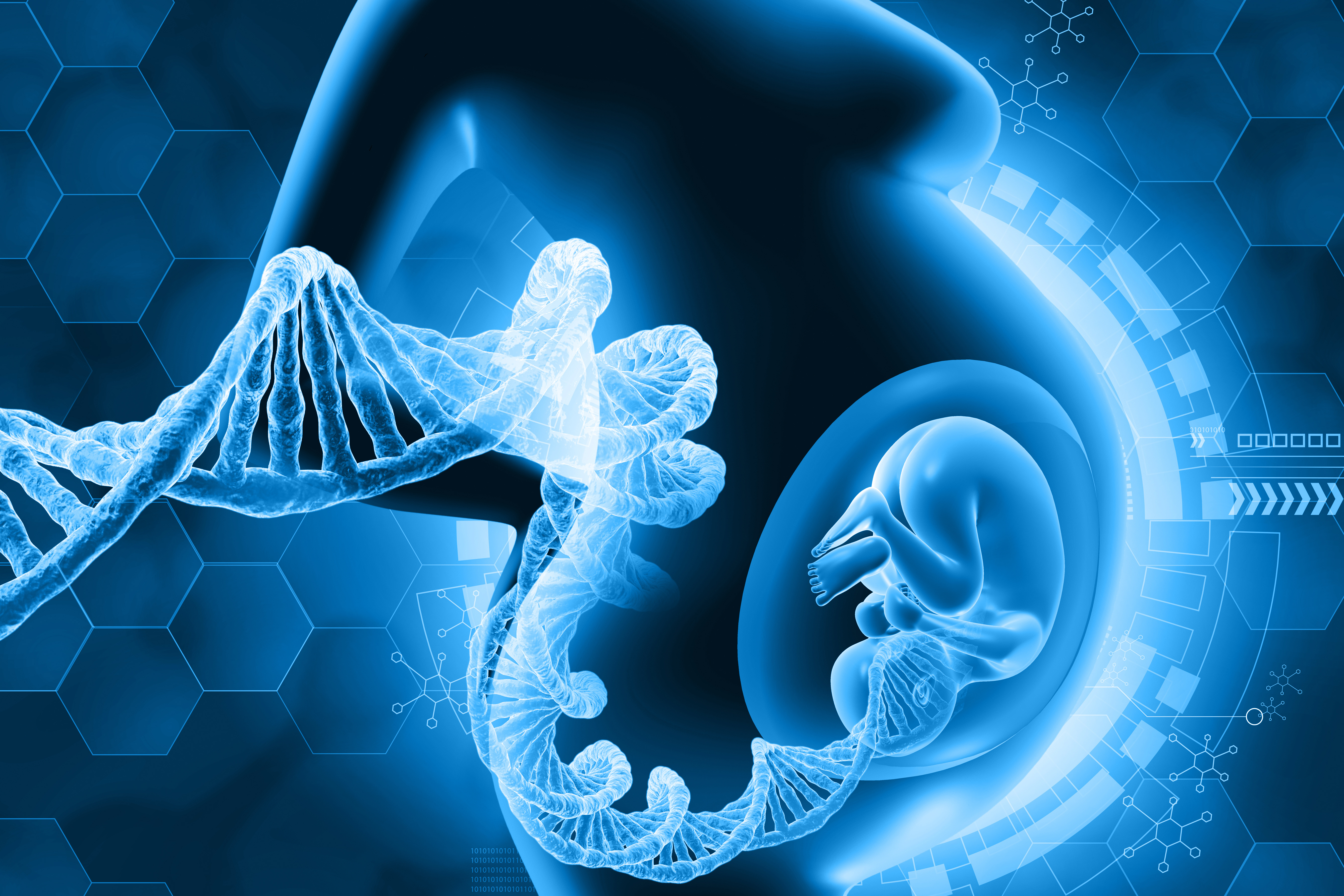Research in this lab focuses on mother-infant health and the molecular patterns that underlie healthy pregnancy and lactation.

The placenta and breastmilk are two tissues that form a connection between mother and baby. The placenta is the master regulator of pregnancy. It plays a functional, mechanistic role in shaping fetal development, including growth and neurodevelopment. Molecular patterns underlie placental function and serve as biomarkers for both maternal health and fetal development. Breastmilk is evolutionarily tuned to be the perfect source of nutrition for infants. In addition to nutrients and prebiotics, breastmilk also contains bioactive molecules, like microRNAs, which change the activity of genes. As both the placenta and breastmilk sit at the interface between the mother and child, they are critical molecular communicators. Research in this lab focuses on the molecular features of the placenta and breastmilk that underlie healthy pregnancy and lactation, healthy moms, and healthy babies.
Current Studies:
Breastmilk microRNAs
The objectives of this study are to describe how breastmilk exosomal microRNAs change over early lactation, how they relate to maternal health and how they relate to early childhood growth, development and health.

